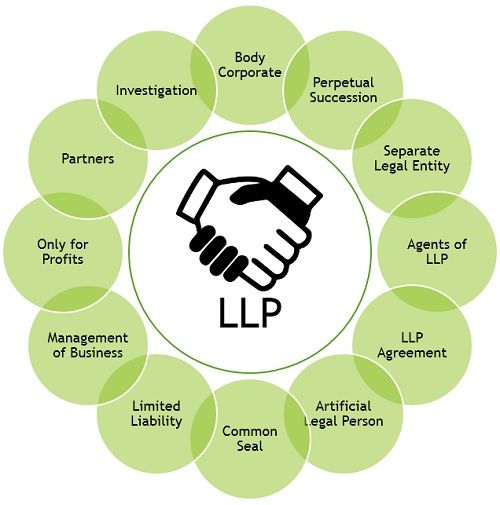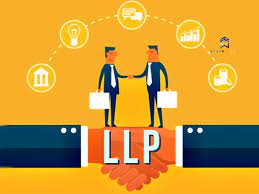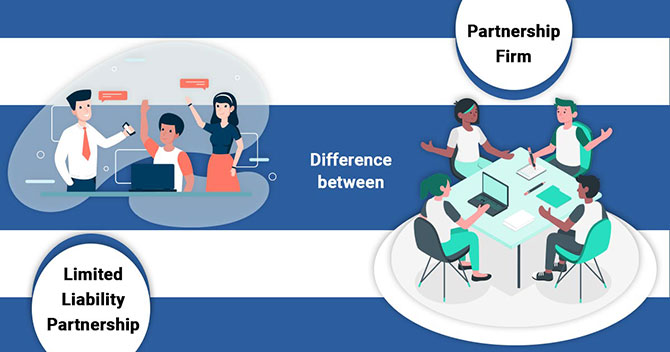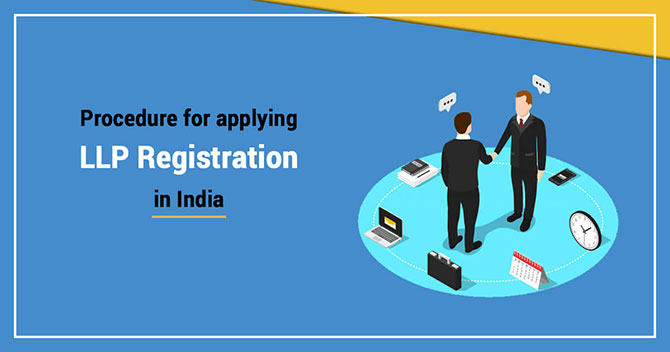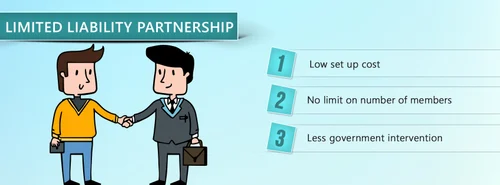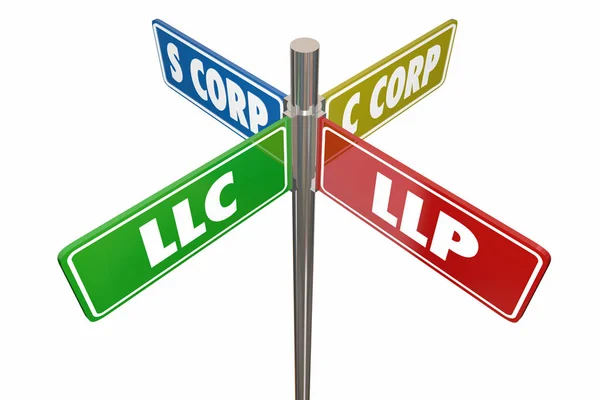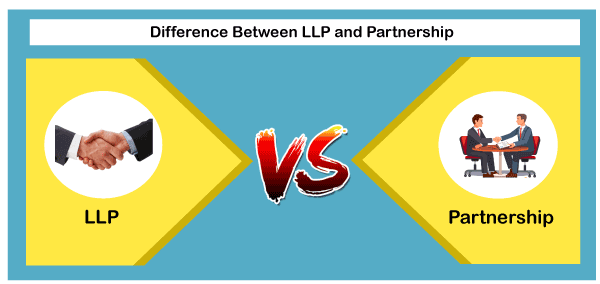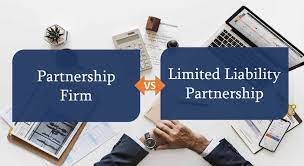What does LLP stand for in law?
Meaning of LLP in law Meaning of LLP in law: In the realm of law, the acronym LLP denotes “Limited Liability Partnership.” An LLP represents a legal business structure that amalgamates aspects of a partnership and a corporation. It offers the advantage of limited liability protection to its partners. It is commonly used by… Read More »
